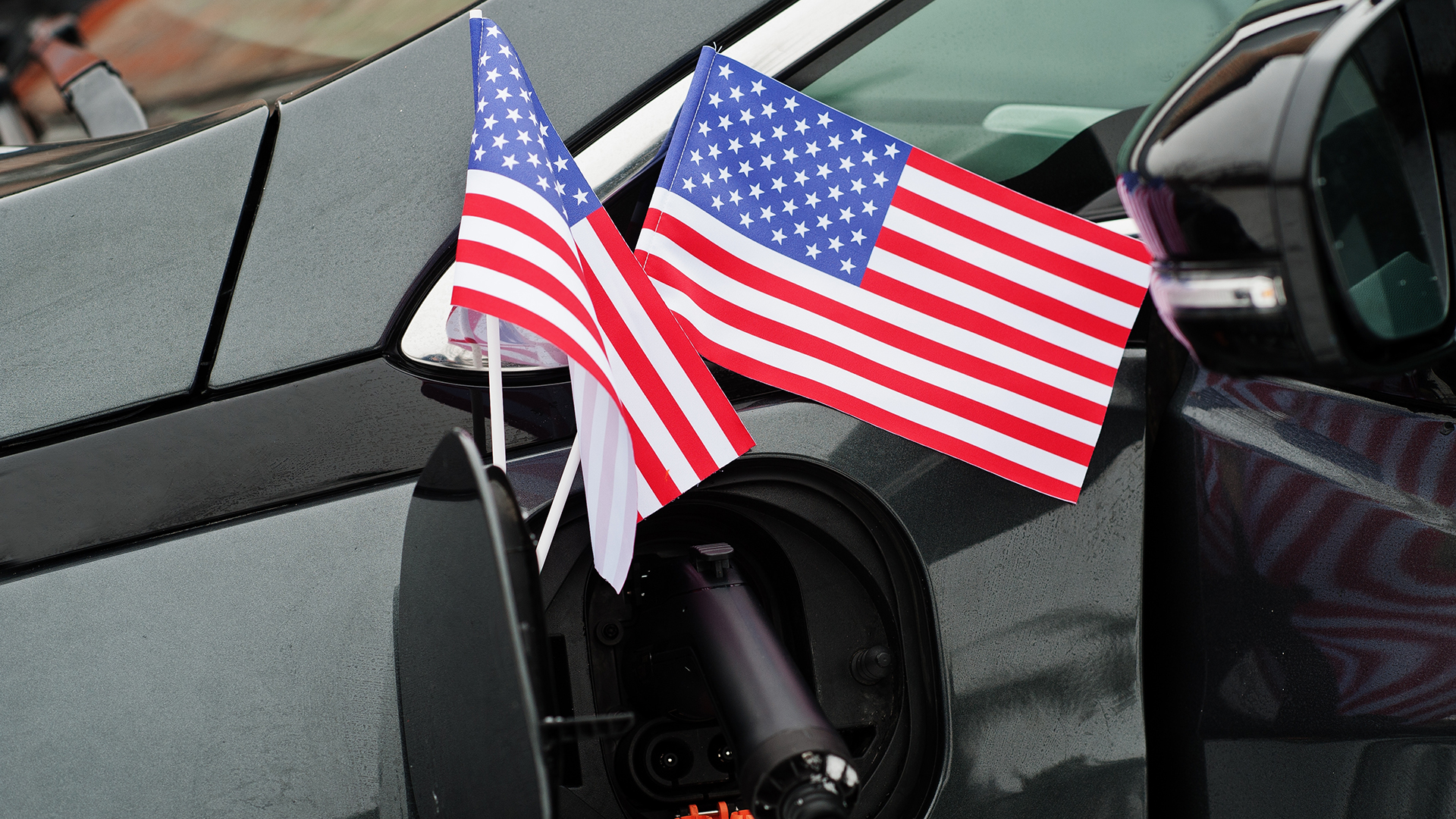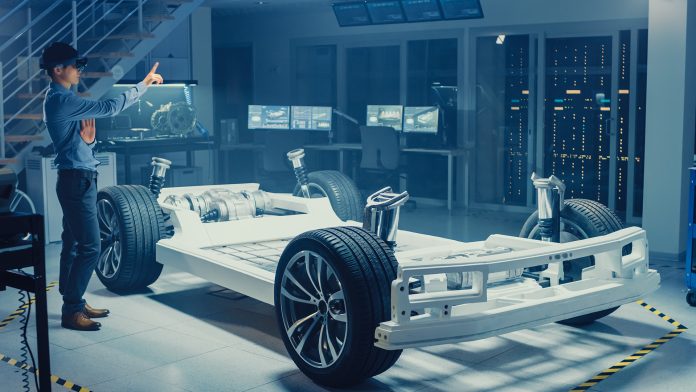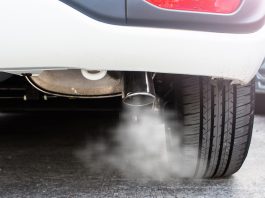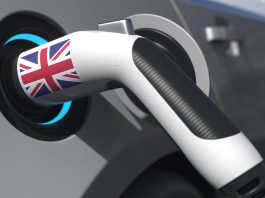The US has introduced new Battery Workforce Initiative (BWI) guidelines to enhance the domestic EV battery manufacturing workforce.
In a move aimed at fortifying the US’ position in the rapidly expanding EV market, the Department of Energy (DOE), in conjunction with the Department of Labor (DOL), has introduced the BWI’s National Guideline Standards for registered apprenticeships targeting battery machine operators.
This strategic initiative, certified by the DOL, comes amidst a surge in EV sales and the proliferation of battery facilities, with nearly 300 new or expanded facilities announced since the start of Joe Biden’s presidency.
Rigorous training requirements to meet industry demand
The newly established standards developed collaboratively with battery manufacturers, community colleges, and unions outline comprehensive training prerequisites to cater to the surging demand for skilled workers in EV battery manufacturing.
Energy Secretary Jennifer Granholm and Acting Labour Secretary Julie Su, alongside Michigan Governor Gretchen Whitmer and US Representative Elissa Slotkin, unveiled the standards at UAW Local 652 Union Hall in Lansing, MI, emphasising the critical role of a skilled workforce in advancing the EV industry.
Granholm commented: “President Biden is leading a renaissance in American manufacturing, and nowhere is that more evident than with the rapid growth of investment in electric vehicle production.
“Thanks to President Biden’s Investing in America agenda, we have seen over 400 EV and battery manufacturing facilities announced in the US in just three years, underscoring the need for a strong and supported skilled workforce.
“The Battery Workforce Initiative is part of our whole-of-government approach to revitalise industry and rebuild our economy from the bottom up and the middle out, providing American workers with good paying forward-looking careers.”

© shutterstock/AS photo family
Accelerating EV battery manufacturing workforce education
These standards will serve as a blueprint for BWI’s training materials, aiding companies and training providers in preparing the workforce for the burgeoning EV battery sector.
Concurrently, DOE is spearheading initiatives like the BWI Pilot Training Project and the Battery Workforce Challenge (BWC) Program Regional Workforce Training (RWT) Hubs Project to bolster workforce education further.
The BWI Pilot Training is slated for launch in April, followed by the rollout of BWC’s RWT Hubs by Summer 2024.
A milestone for national workforce strategy
Introducing these standards signifies a major stride towards a comprehensive national workforce strategy tailored to meet the demands of advanced EV battery manufacturing.
Su added: “Good jobs have the power to change lives, and today, we are expanding the pathways into those good jobs through Registered Apprenticeships in the fast-growing battery manufacturing industry.
“In just under a year, the Battery Workforce Initiative has built a strong partnership between government, industry, technology, and labour to make sure workers, including those who have historically been shut out of opportunities, can find their place in the middle class now and well into the future.”
By streamlining industry collaboration and providing clear training guidelines, the DOE-DOL partnership expedites the approval process for battery training programmes and lays the groundwork for national credentials, ensuring a skilled workforce to support the EV revolution.
Future prospects and strategic partnerships
Looking ahead, BWI aims to extend its focus beyond machine operators to other crucial roles in the EV battery supply chain.
Stakeholder engagement has already commenced to identify skill requirements for tasks such as battery-grade materials processing and recycling.
The unveiling of BWI’s National Guideline Standards marks a pivotal moment in shaping the future landscape of EV battery manufacturing as the US gears up to lead the charge towards a sustainable transportation paradigm.









